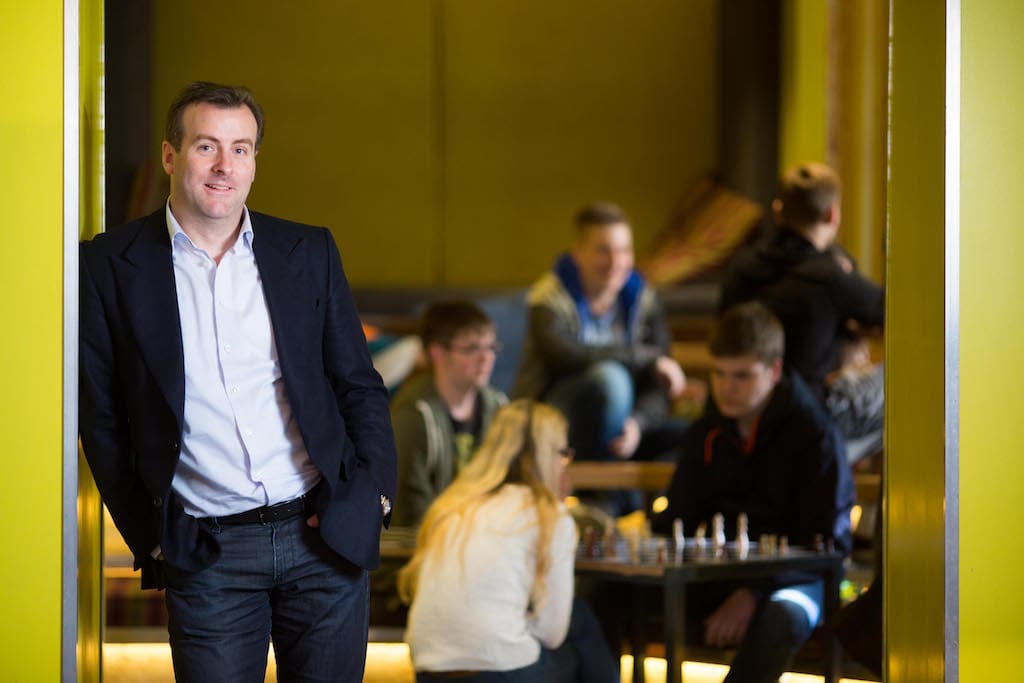CEO Interview: Mobile Booking, Digital Marketing and the New Way to Sell Hostels

Skift Take
Like many successful companies, Hostelworld resolves to win by maintaining its focus on what it does best: Selling hostels. Its big challenge is to generate more awareness about the modern and socially oriented hostel while larger players like Airbnb and Booking.com suck the air out of Google.
After executing an initial public offering and listing on the London and Dublin stock exchanges in November, Hostelworld, which previously had been majority-owned by a private equity firm, gained some autonomy and can now move a lot faster in a market that requires such flexibility.
That's the view of CEO Feargal Mooney, who joined the Hostelworld Group in 2002 as COO and CFO.
In recent years, Hostelworld, which also operates Hostels.com and HostelBookers.com, has eliminated consumer booking fees, raised based commissions to 12 percent, and embarked on campaigns to change often-ill-conceived notions about the value proposition of today's hostels for solo or duo-traveling guests.
Skift discussed Hostelworld's future plans with Mooney, who touched on the varied dynamics of competing against Airbnb and Booking.com, newly focused marketing campaigns and expansion in Asia.
An edited version of the interview follows:
Skift: You have mentioned that your management team gets a little bit more autonomy after the IPO. So what is your thinking about the way forward, and what does that concretely mean? Is there spending you can do in opening up in new markets that perhaps you couldn't do before?
Mooney: I think if you think about some of the changes that you might make in your business strategy as the business developer. Even look back over the course of what had happened in our business, and what we had done over the course of the last three or four years, we've made some very significant changes, and with the support of a private equity shareholders, around changing our pricing models.
We used to charge a customer booking fee, which was a very significant piece of our revenue. We dropped that in 2013 and we, over the course of last year, made some changes to our marketing strategy, and invested fairly heavily in the re-branding of the Hostelworld site and invested in a lot of brand advertising over the course of last year, as well as investing into developing our mobile offering.
All of those things were things that we did anyway because they're the right things to do, and as the management team, we're setting our clear strategy. But when you've got a private equity shareholder and you're saying, "We want to drop booking fees but we want to invest more in brand marketing," they're clearly thinking well, "Will we get a return on this within the lifetime of our investment?" While it’s the right thing to do for the medium and longer term somet

